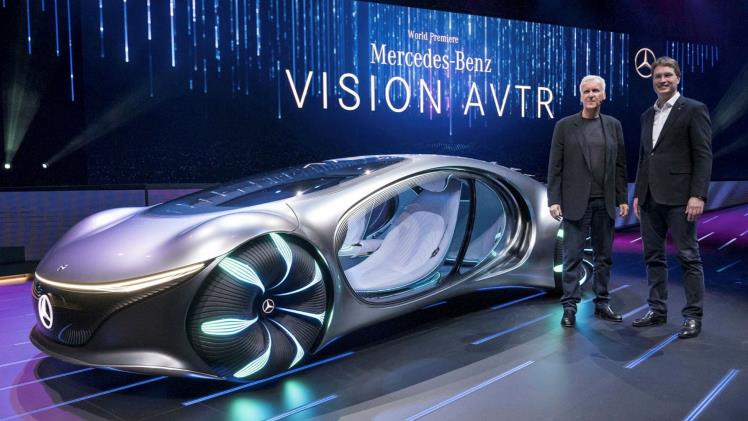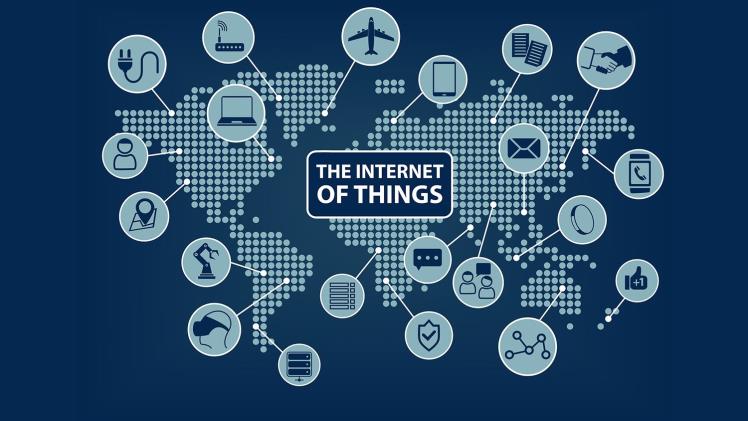Users of IoT technologies will capture most of the potential value over time
As in other technology markets, the end customer ultimately captures the most value, we find. Eventually, we estimate that customers (such as factory owners using machines guided by IoT technology, operators of transportation fleets, and consumers) will capture upwards of 90 percent of the value opportunities IoT applications generate. In many settings, customers will capture value […]
Users of IoT technologies will capture most of the potential value over time Read More »










